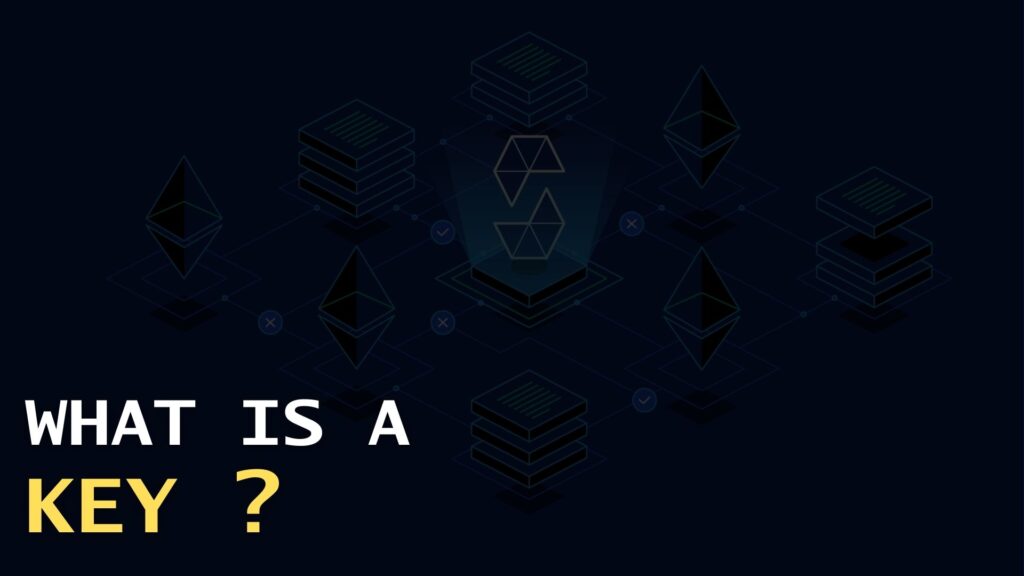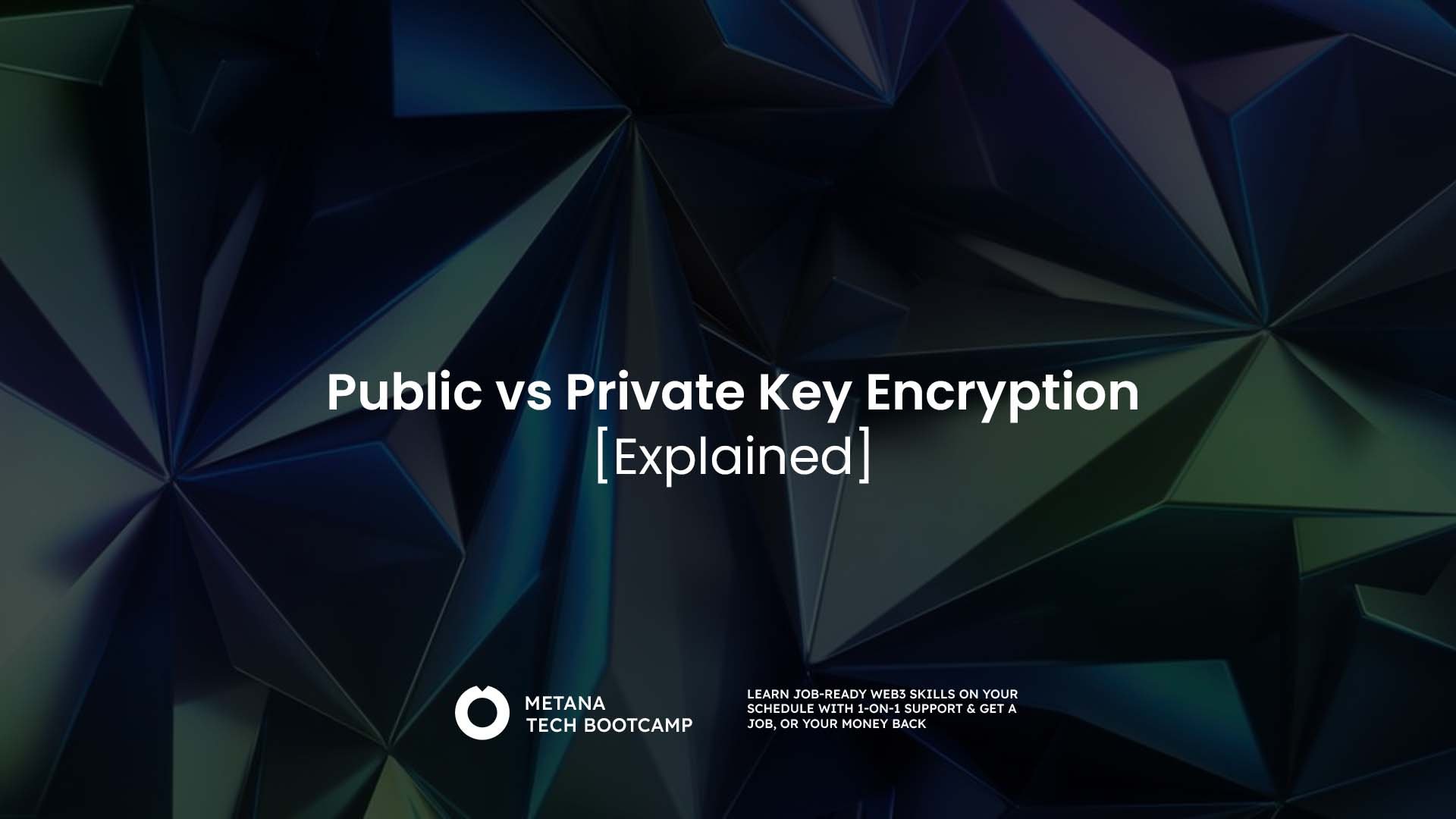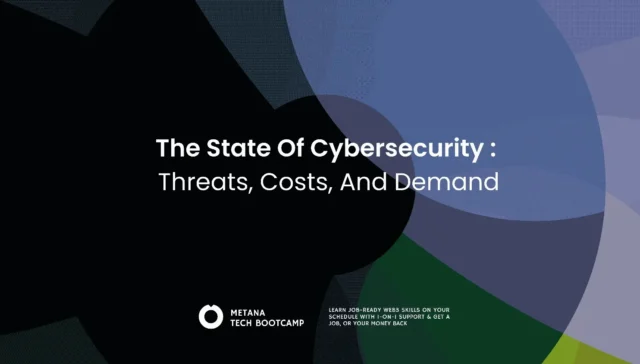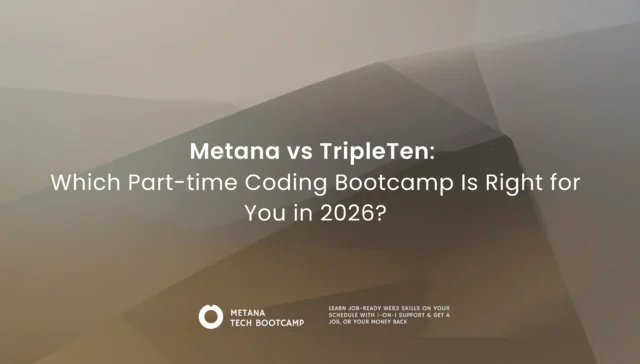In today’s world where data security and privacy are very important concepts, cryptography plays an important role in safeguarding information. At the heart of cryptographic systems are public and private keys, essential tools for secure communication, data encryption, and user authentication. Understanding the difference between a public key and a private key is important for anyone looking to grasp how encryption secures our digital world.
In this article let’s talk about the concept of public key encryptions and private key encryptions, and explores the distinct roles these keys play and how they work together to protect sensitive data. Understanding how these keys function individually and together is essential for anyone diving into areas like blockchain, cybersecurity, and even general web security.
What is a Key ?

Before understanding the differences between public and private keys, let’s first understand what a key is in the context of cryptography. A key is basically a piece of information that is used by cryptographic algorithms to encrypt or decrypt data.
These sensitive data are at significant risk if not properly encrypted. Cryptographic algorithms play a crucial role in securing this information, ensuring that it remains protected from unauthorized access and potential breaches.
What is Public Key Encryption?
Public key encryption is a part of an asymmetric cryptographic system where the public key is made available to anyone and can be easily shared. It is primarily used to encrypt data that will later be decrypted by its corresponding private key.
For example, when someone wishes to send you a message, they use your public key to encrypt it through public key encryption. Since you hold the corresponding private key, which is required to decrypt the message, only you can read it, ensuring confidentiality. Public keys are also commonly used for verifying identities and establishing secure connections in various applications.
What is Private Key Encryption?
Private key encryption is the other part of the asymmetric cryptographic system that is kept secret because it serves the function of decrypting data that has been encrypted using its corresponding public key.
For instance, when you receive a message that has been encrypted using your public key, your private key is the only entity capable of decrypting and reading that message. This process, known as private key encryption, is highly beneficial when communicating sensitive information over the internet.
Additionally, private key encryption is also used to sign transactions in blockchain systems like Bitcoin or Ethereum, to prove your ownership and authorization.
Key Differences Between Private and Public Keys
Now that you have a clearer understanding of the concept of keys in cryptographic systems, let’s explore the key differences between them. The following table helps you get a deep understanding on how these keys are different from each other.
| Public Key | Private Key | |
|---|---|---|
| Visibility | The Public key is available to everyone and can be shared publicly to anyone. | The Private key is kept secret and can only be know by the owner. |
| Usage | Public keys can be used by anyone to send encrypted data. | Private keys are used by owners to decrypt data or sign transactions |
| Primary Function | Public key is often used to encrypt data or verify digital signatures. | Private key is often used by the owner to decrypt data or sign transactions. |
| Security | A public key is always safe to share publicly. | A private key must be kept private and be protected from exposure. |
Uses of Public and Private Key
Public and private keys are integral components of modern cryptography, that enables secure data transmission, authentication, and identity verification across various digital platforms. The uses of these keys extend far beyond simple encryption. Following are some common uses of these keys.
- Blockchain
- In blockchain technology, a public key is akin to your account number, allowing people to send you cryptocurrency. Your private key, meanwhile, is like your password, it is the only thing that allows you to spend or transfer your cryptocurrency.
- Email
- A public key allows users to send encrypted messages to a specific recipient. The recipient, on the other hand, uses their private key to decrypt and access the content of the message, ensuring secure communication.
- SSL Certificates
- SSL certificates use public-key encryption to secure the connection between web servers and browsers. Websites use public keys to establish secure communication, while the server’s private key ensures the legitimacy of the communication.
Conclusion
Public and private keys are important contents of the modern cryptographic landscape. They play an important role is ensuring secure communication, authentication, and data integrity across different applications. Even though these concepts seem to be similar, there is a huge difference between them. By understanding these key differences and their purposes, you will be better equipped to navigate the secure exchange of information in today’s digital world.
FAQs:
What is private key encryption?
- Private key encryption, also known as symmetric encryption, uses the same key for both encryption and decryption of data.
How does public key encryption work?
- Public key encryption, or asymmetric encryption, uses two different keys: a public key for encryption and a private key for decryption.
What are the key differences between private and public key encryption?
- Private key encryption uses one key for both processes, while public key encryption requires a pair of keys, one for encryption and one for decryption.
Which type of encryption is more secure: private or public key?
- Public key encryption is generally more secure for large-scale communications, but private key encryption is faster for smaller, trusted environments.
Why is public key encryption important in modern communication?
- Public key encryption ensures secure data transmission over the internet by allowing parties to exchange sensitive information without sharing a single key.







